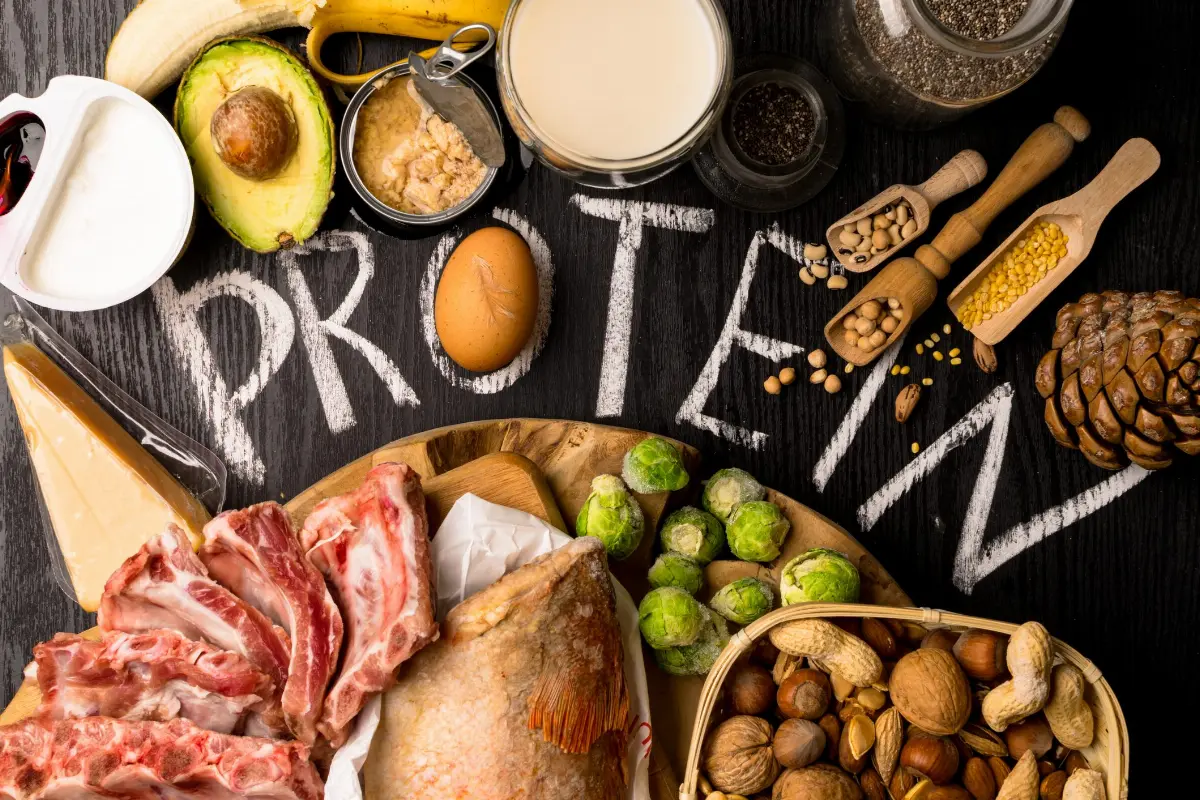
Anuga 2025: Focus on Alternative Proteins
Their demand is growing three times faster than the availability of the products

Anuga, one of the world's leading trade fairs for the food and beverage industry, together with its knowledge partner Innova Market Insights, presents the decisive trends and key topics for 2025. These developments reflect the growing innovative capacity of the industry and will play a key role at Anuga 2025. The focus will be on personalized foods, sustainability, alternative protein sources and the growing influence of private labels. As a global trendsetter, Anuga defines significant trends and demonstrates concrete business potential with its key topics.
The desire for personalized nutrition is increasing. This means that consumers are selectively choosing foods and beverages that meet their individual preferences and eating habits. Aspects such as a balanced diet, needs-based nutrient intake and functional foods are becoming increasingly important. According to the Innova Trends Survey 2025, more than a third of consumers use fortified foods and beverages for a targeted nutrient intake. The market for weight management products is experiencing particularly strong growth, with a compound annual growth rate (CAGR) of 8% (2022-2024). The USA, India and the UK are driving this development, while Germany is experiencing the highest growth in Europe.
The focus is increasingly on sustainable products: In particular, plant-based proteins such as fava beans are becoming increasingly important. The market for plant-based fava bean foods is growing at an annual rate of 11% (2022-2024). Germany, the UK and Finland are leading the way, while Switzerland is recording the highest growth in Europe with +108%. At the same time, demand for alternatives to climate-sensitive raw materials such as cocoa, coffee or orange juice is increasing. Companies are increasingly relying on sustainable substitutes such as carob as an alternative to cocoa, lupin coffee instead of conventional coffee or fermented fruit juices as a substitute for orange juice. These innovative solutions help to reduce environmental impact and meet consumers' growing sustainability demands. Every second consumer worldwide would avoid or reduce a product if they knew it was not produced sustainably.
The trend towards alternative protein sources is developing rapidly. While plant-based proteins increased by 5% between 2020 and 2024, demand for cultured and microbial proteins increased by 15% over the same period. The latter are particularly in demand in the categories Meat Substitutes (43% of new introductions), Ready Meals (13%) and Desserts and Ice Cream (11%). In addition, an ongoing survey shows that two in five consumers worldwide are interested in testing hybrid meat products that combine conventional and alternative protein sources.
With the introduction of Anuga Alternatives, Anuga, in its pioneering role, is paving the way for the future of the global food industry. The new trade fair will present products based on plant proteins, insect proteins, algae proteins, mushroom proteins and in vitro cultured meat.
“Snackification” is still a mega trend. Around half of consumers snack at least once a day, with pleasure and comfort being key factors. Manufacturers are increasingly focusing on smaller portions and taste innovations to meet consumer demands for pleasure and convenience.
Private labels are gaining importance especially in Europe and North America. In 2023, just under a third of consumers said they were opting for private labels more often. Europe leads with 62% of new introductions in the private label segment, followed by North America and Asia. Private labels are particularly well represented in the categories Bakery (13%), Meat, fish and eggs (12%) and Ready meals (12%).
Premium products are convincing not only because of their exclusivity, but also because of their sustainability and quality. Consumers increasingly expect ethically correct and healthy products. The share of premium launches in Hot drinks (11%), Sauces and spices (10%) and Snacks (9%) is particularly high.
EFA News - European Food Agency